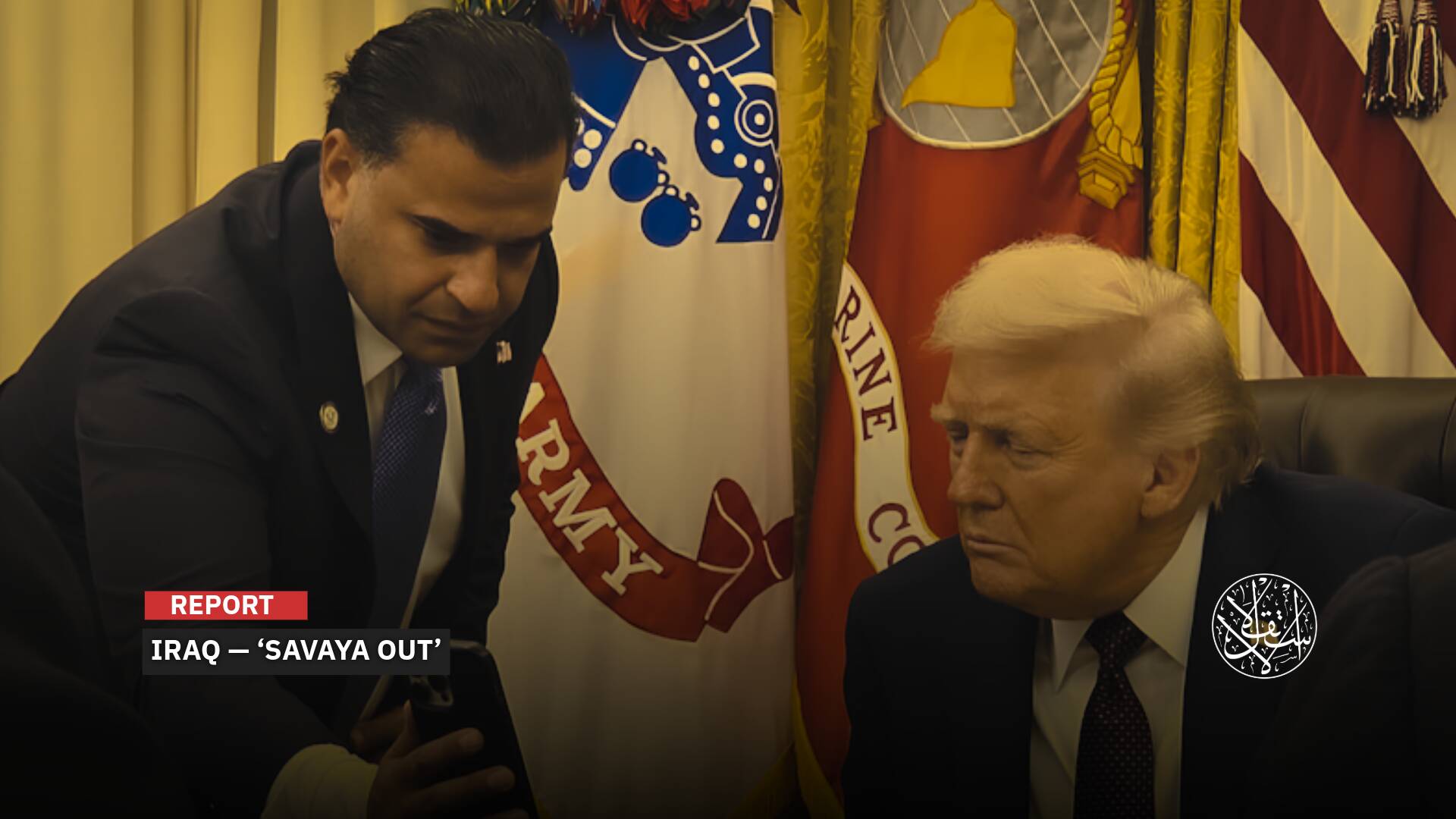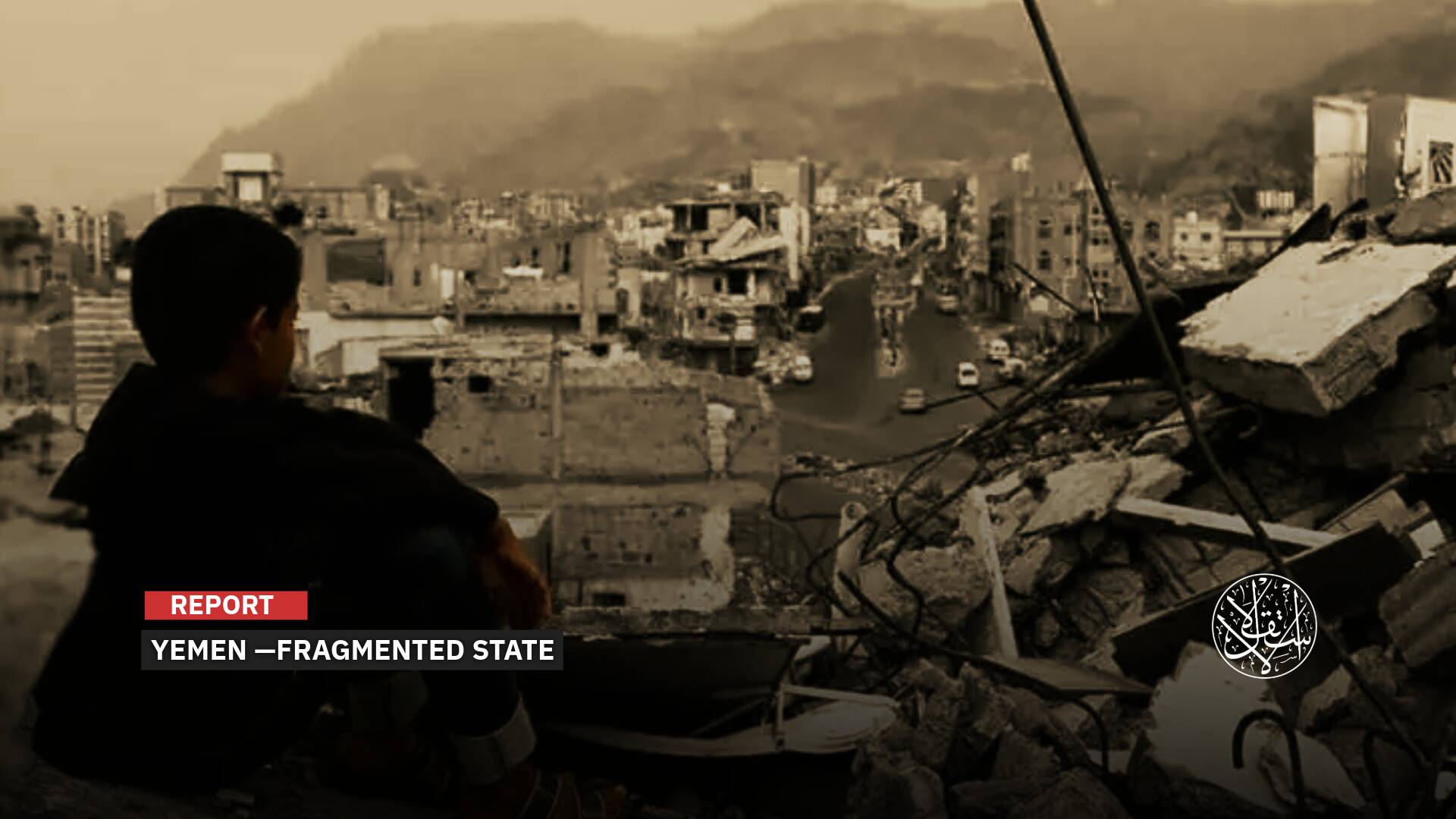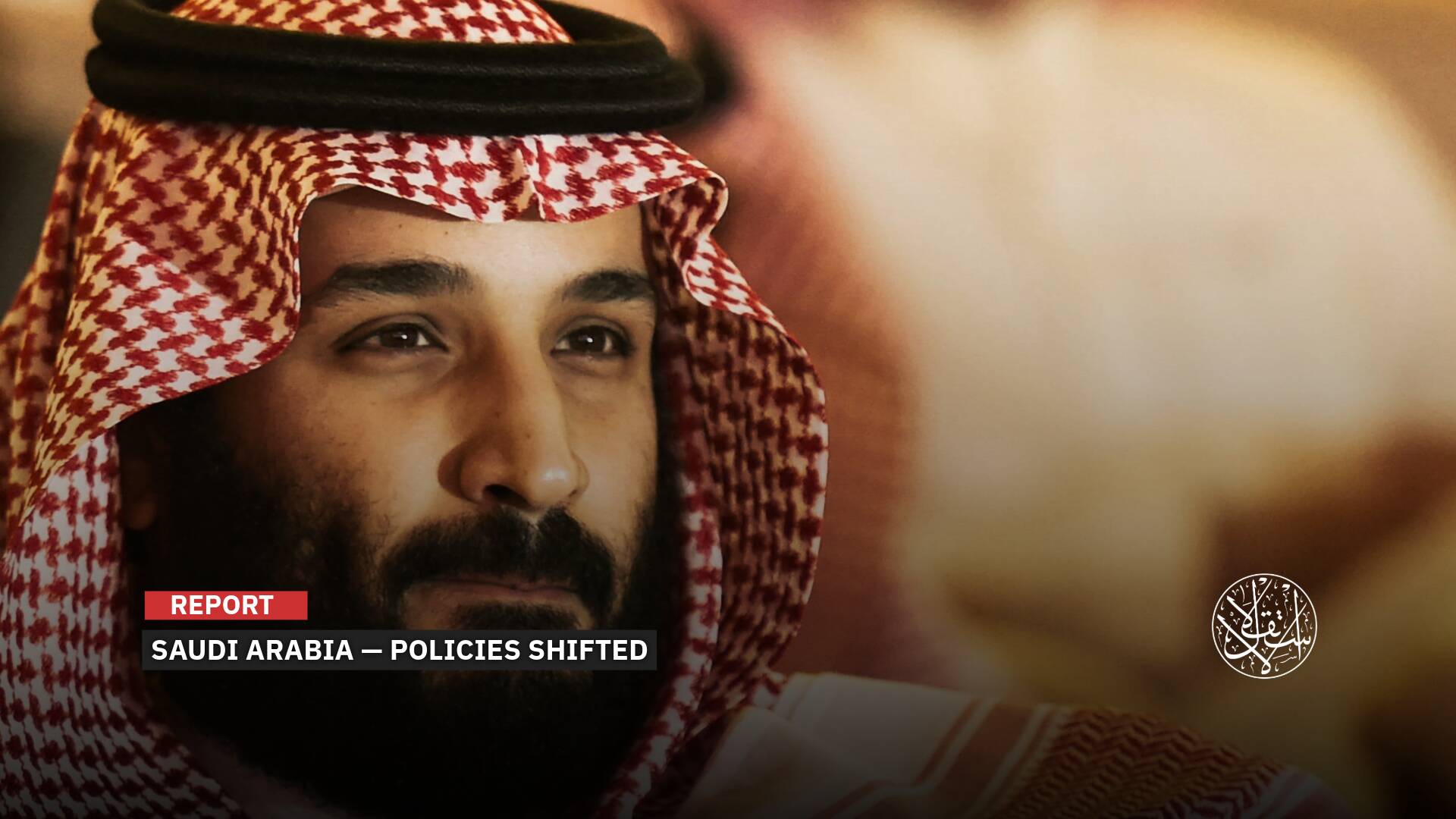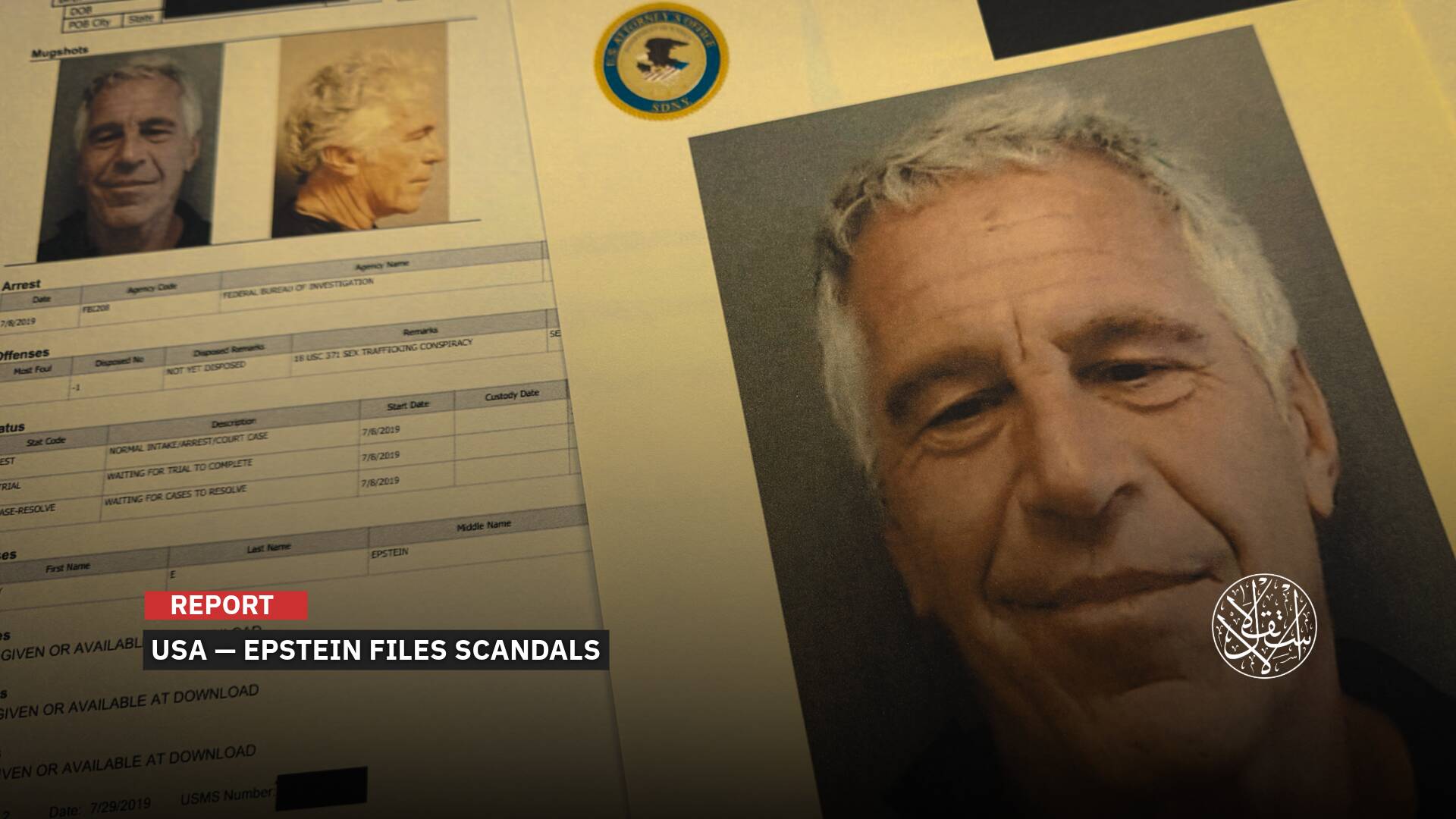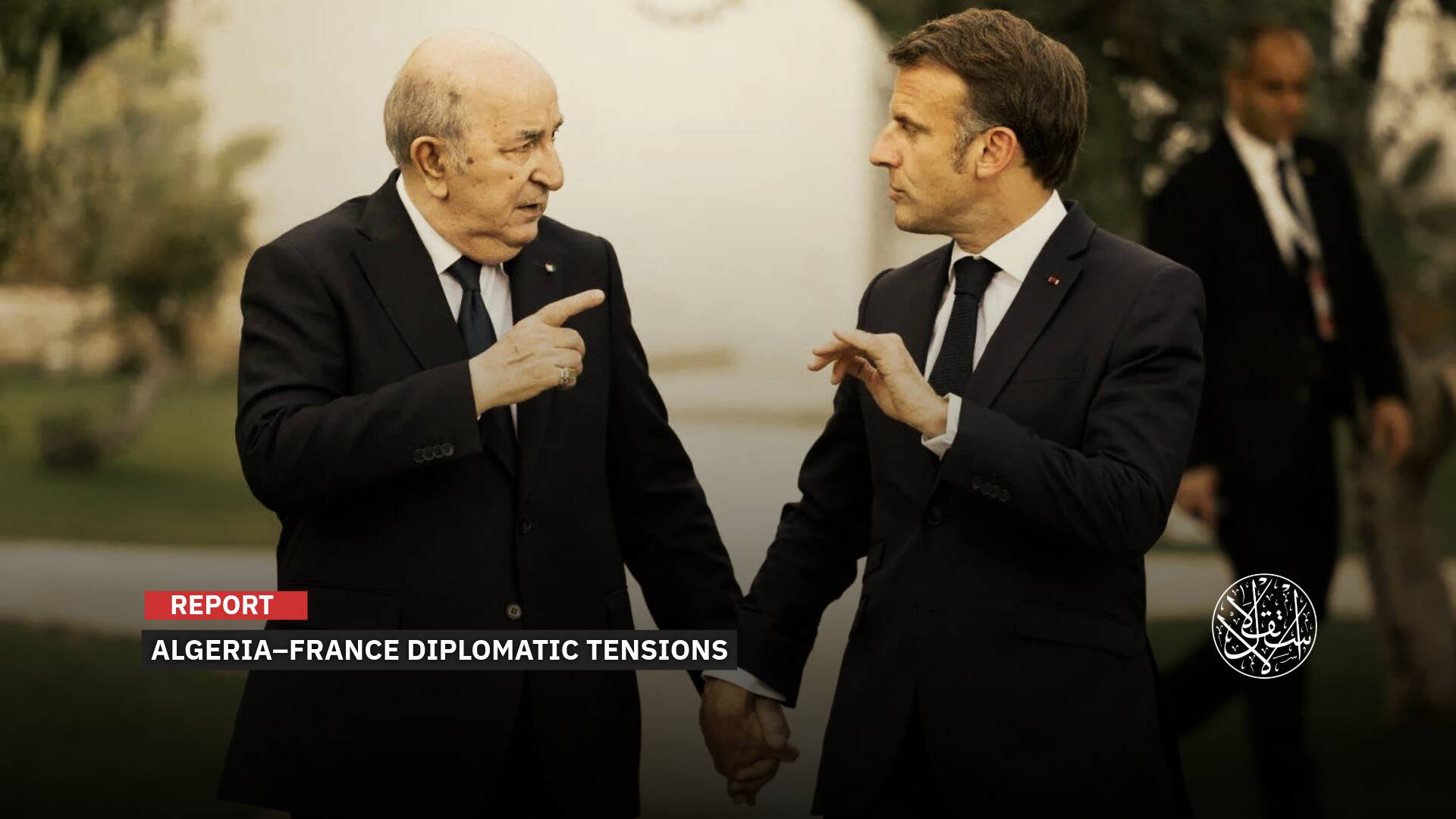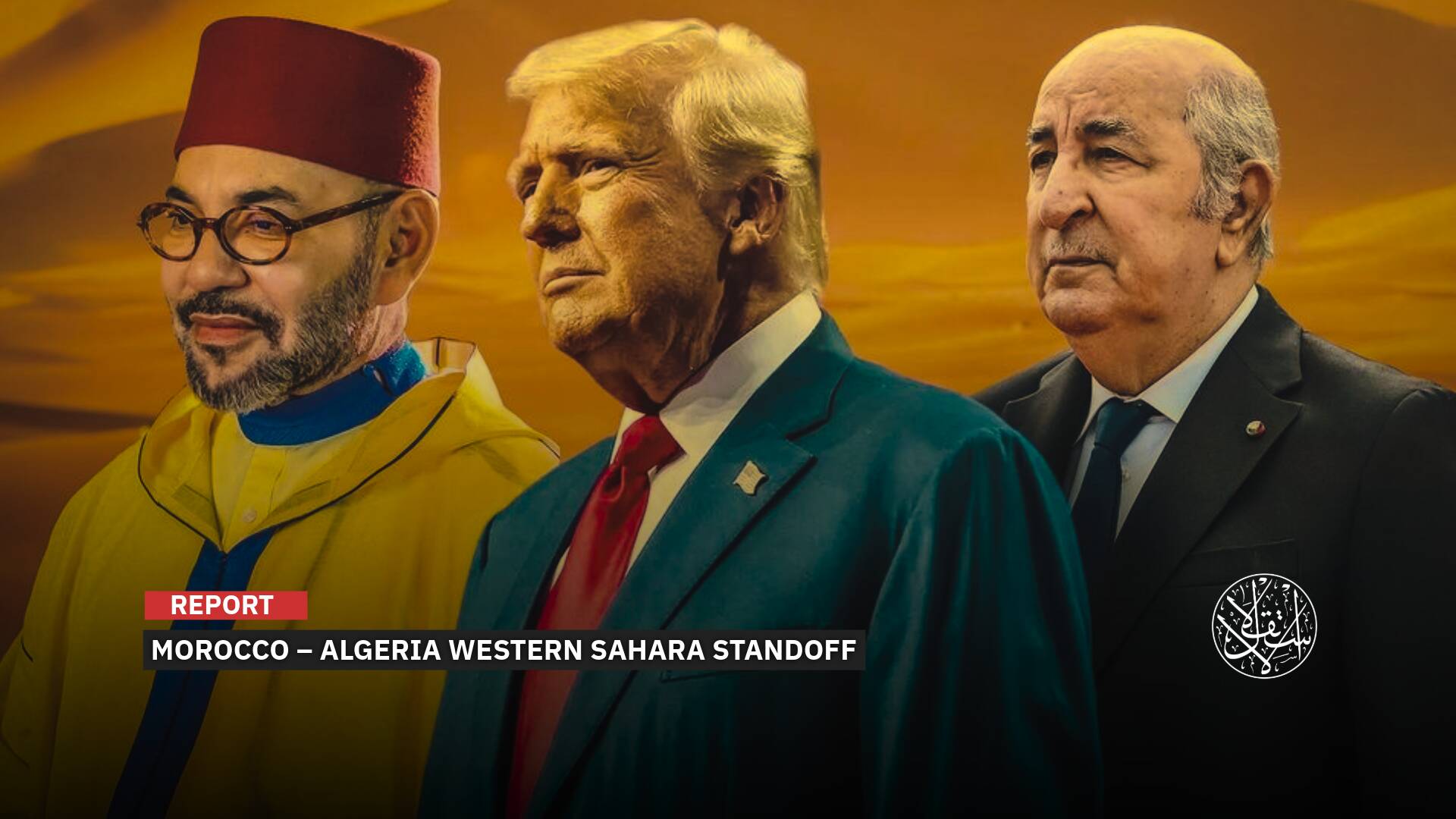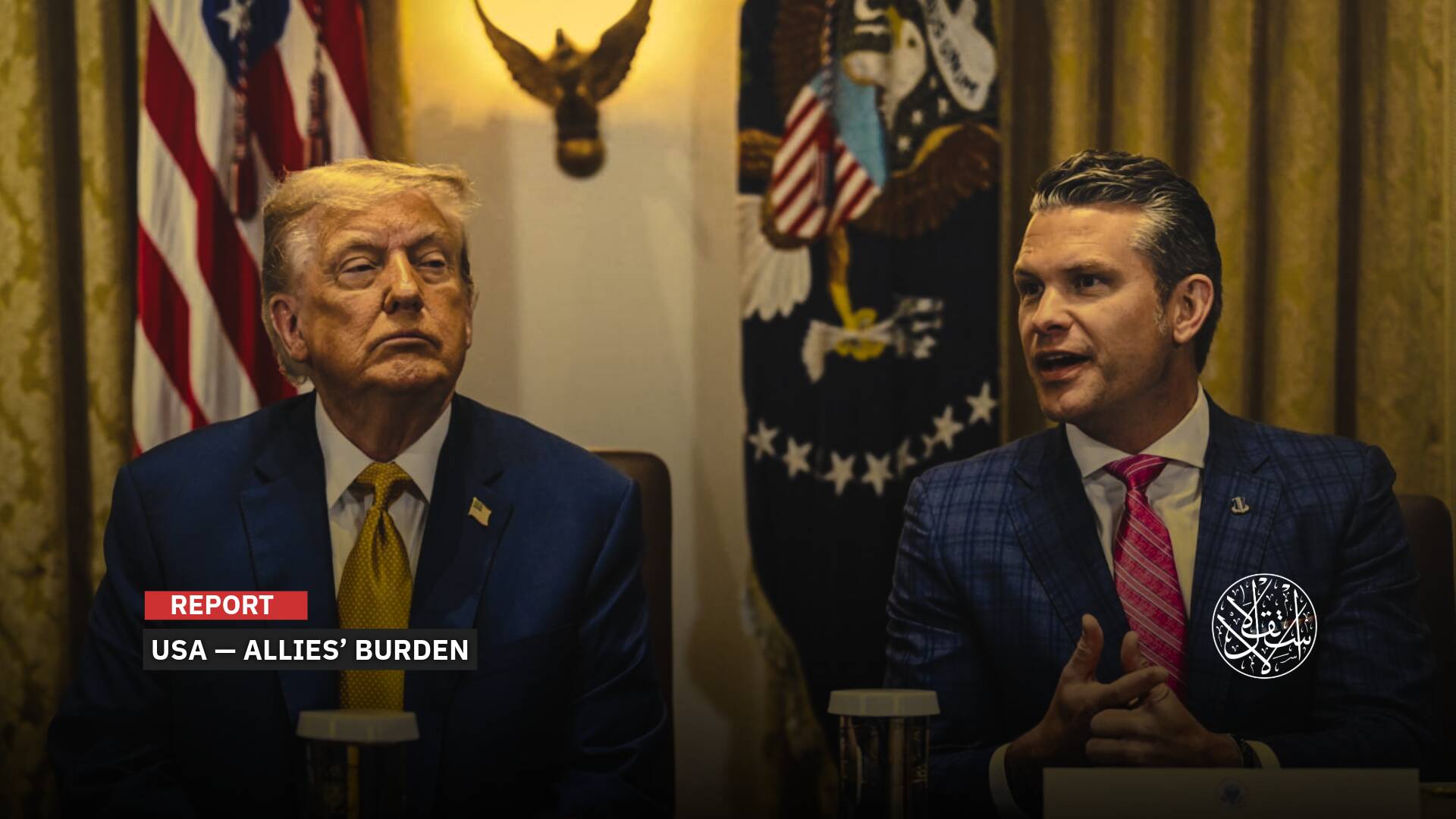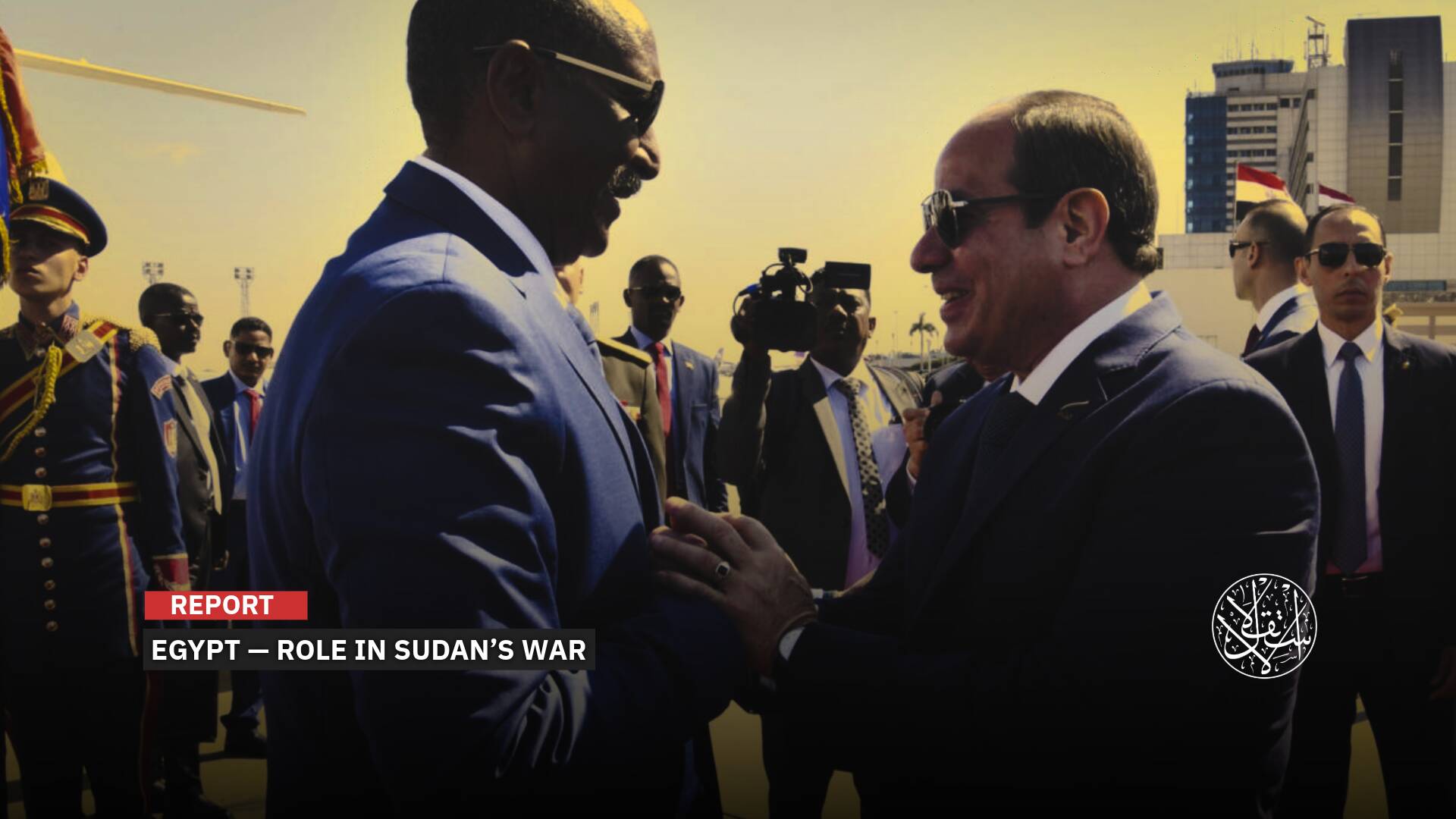Why Is Morocco Silent About the French Schools’ Violations?

In recent years, serious violations and unacceptable behavior by Moroccans toward a group of French schools in Morocco have been documented, with no apparent oversight from the state.
The accumulation of these schools’ errors is alarming, highlighting the dangers of these practices, which are no longer confined. As a result, some parents have resorted to legal action, which has now reached the attention of the legislative institution.
Moroccans have called for urgent and strict intervention by the state to impose control over “these schools” and their educational curricula that “act as if they are in a colony and not in a country that has become independent.”
These violations can be summarized in situations such as preventing an employee from praying, promoting ideas that contradict Islamic values, as well as deleting the Sahara region from the map of the Kingdom, which it claims to belong to (in conflict with the Algeria-backed Polisario Front).
Disgraceful Practices
A Moroccan parliamentarian has accused French mission schools in the kingdom of “engaging in actions that undermine the religious and national constants of the country.”
This came in a written question from the parliamentarian of the Authenticity and Modernity Party (part of the governing coalition), Dr. Hanane Atraguine, to the Minister of Foreign Affairs, Nasser Bourita, on April 6, 2023.
The deputy said: “Some French mission schools in Morocco have begun to engage in behaviors and practices that deeply undermine the country’s religious and national constants.”
She added that “these actions have provoked the anger of families who did not expect the educational spaces where their children study to turn into places for settling political scores and engaging in unreasonable behaviors.”
She cited examples such as “presenting a map of Morocco with its deserts truncated, preventing some users from using prayer tools in isolated places at work sites, promoting homosexuality, and other disgraceful practices.”

A Moroccan parliamentarian has called on the Moroccan Ministry of Foreign Affairs to “reveal the measures it intends to take to ensure respect for the religious and national constants of French educational missions in Morocco.” In response to these allegations, no official comment has been made by the Moroccan authorities.
Morocco tops the list of countries in the world in terms of the number of French mission schools, with 45 schools, according to official statistics, attended by more than 46,000 students, 70% of whom are Moroccans.
The Hespress local website asked: “What is happening inside French educational mission institutions in Morocco? Are they just isolated individual mistakes made by some teachers? Or has French hostility and resentment moved from the realm of politics to target Moroccan students inside mission schools?”
In an article published on April 4, 2023, the website added that it is no coincidence that foreign teachers’ mistakes accumulate inside French schools in Morocco in a synchronized context, and that these mistakes suddenly emerge directly after French hostility toward Moroccan interests intensifies, which has recently become evident and is not hidden from anyone.
It pointed out that what is striking is that the accumulation of mistakes made by these French teachers repeatedly and synchronously removes the superficial and isolated character of these mistakes, and places them within the framework of the systematic French hostility toward everything Moroccan. This is perhaps what prompted the parents of students in these institutions to protest against these mistakes and file complaints before the judiciary.
Moroccan media outlets have reported a series of imbalances, with the first moral scandal being uncovered by a French teacher working at the French educational institution, Lyautey, in the city of Casablanca, who was provoked by the sight of a Moroccan employee performing the Dhuhr prayer in a secluded place at her workplace in the same educational institution.
According to consistent sources, the French teacher attacked the Moroccan employee and prevented her from completing her prayer, demanding that she perform her prayer at home, unaware that prayer is obligatory at specific times in Islam.
A Serious Precedent
In a serious precedent, the French Honoré de Balzac High School in the city of Kenitra displayed pornographic images of male sex in front of primary school students. This French school did not limit itself to exposing minors to lascivious content, which is a criminal offense, but it is also accused by the students’ parents of “discriminating against and excluding students who reported it,” accusing the school of ignoring them and not teaching them seriously since this scandal erupted.
In the developments of this case, some families of these educational institutions’ students have filed a complaint before the judiciary against the mentioned French school, with charges of “mistreatment of children by assaulting their psychological well-being and security through pornographic images that violate public morals, tampering with constitutional constants, and destabilizing Muslim beliefs.”
This case is currently in the preliminary investigation stage by the judiciary in Kenitra.
In another case, families of students in an educational institution affiliated with the French mission in Morocco complained against their institution after increasing the number of hours of teaching Arabic.
On February 22, 2023, the issue turned into a public opinion case in the country after the Administrative Court of Appeal in Paris intervened and decided to reject the increase in the teaching hours of Arabic language for students.
In summary, the families of students who are studying at an educational institution called Andre Chenier in the capital Rabat, affiliated with the French mission, filed a lawsuit against the school and appealed to the French judiciary to challenge the decision to extend the weekly Arabic lesson from three to five hours.
After days, the Paris court issued a decision to accept the appeal included in the complaint of the families and reject the increase in Arabic hours.
Writer Driss Jandari saw that repeating a group of hostile behaviors in French mission schools, like restricting religious freedom and displaying a map of Morocco separated from its deserts, confirms that these schools have become a tool in the hands of the French Ministry of Foreign Affairs and Intelligence to settle scores with Morocco.
Transgressions that Require Accountability
Writer Mohammed Badra stated that these French schools and educational institutions have expanded their influence to the point of becoming a clear manifestation of the educational class in Moroccan society. They serve a minority of the community’s children and represent the elite. In an article published on the Moroccan website Souss24 on November 19, 2022, he explained that “access to these schools imposes high financial and material resources on families who have children studying there, which is not available to middle and small classes like those material resources available to teach their children there.”
He added: “Therefore, they are not open except for those who are richer and wealthier, and thus this French educational model here does not respect French democratic values as they are there in France (elite education).”
Badra continued: “It creates the logic of disdain that is dominated by a dominant class that speaks the language of the former colonizer over other social classes, which negatively affects our social structure.”
Badra pointed out that “in our popular linguistic exchange, a distinction is made between the children of the mission (the French mission’s children) and the children of the people’s schools (the public institution’s children), but before that, they are all the children of this nation who differ only in their upbringing and linguistic upbringing between two conflicting institutions in terms of values, behavior, and language.”
He emphasized that “the scariest thing we fear is the creation of generations of learners who live as expatriates from their homeland, do not feel belonging to this country, think with the mentality of the other, and submit to its culture after they have abandoned their nationalistic and patriotic character, and here, foreign upbringing factors in schools are the main secret to that.”
The Moroccan researcher Abdel Samad al-Ghali said that “the issue of French schools in Morocco, their problems, and attempts to intervene in the values of students have recently become widely heard, and social media platforms have contributed to that.”
Al-Ghali explained to Al-Estiklal that “it is known in Morocco that the students of these schools are from the wealthy class that aspires to educate their children at a high level to ensure job opportunities in senior positions.”



